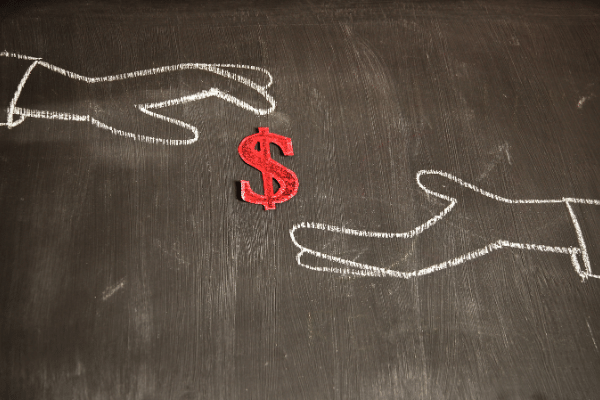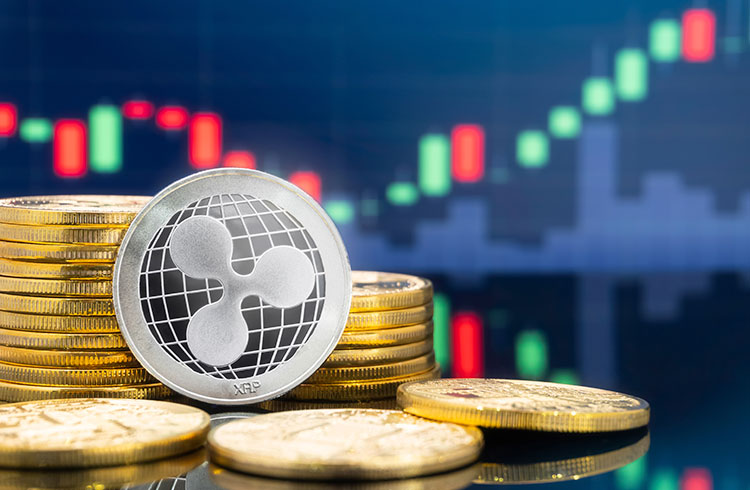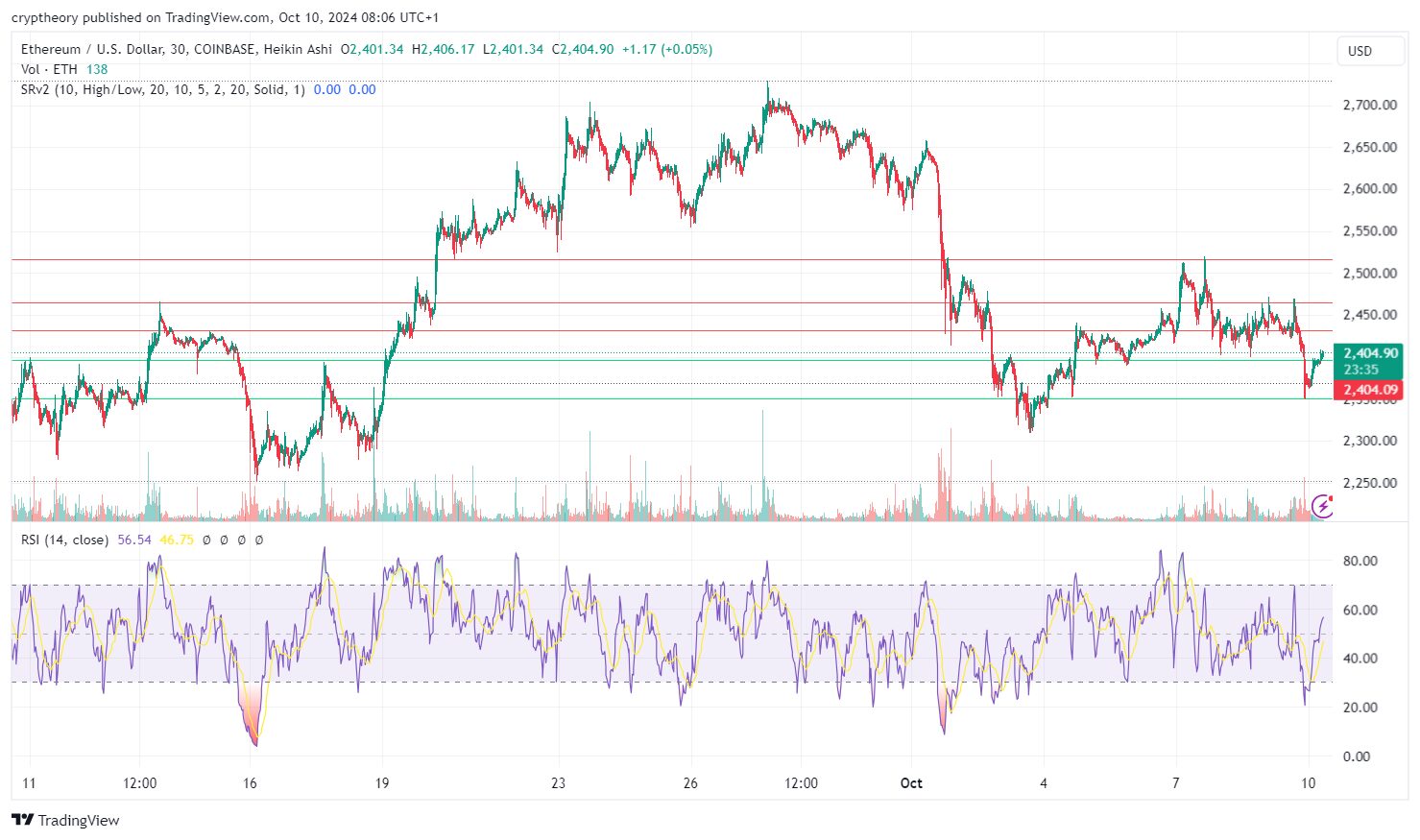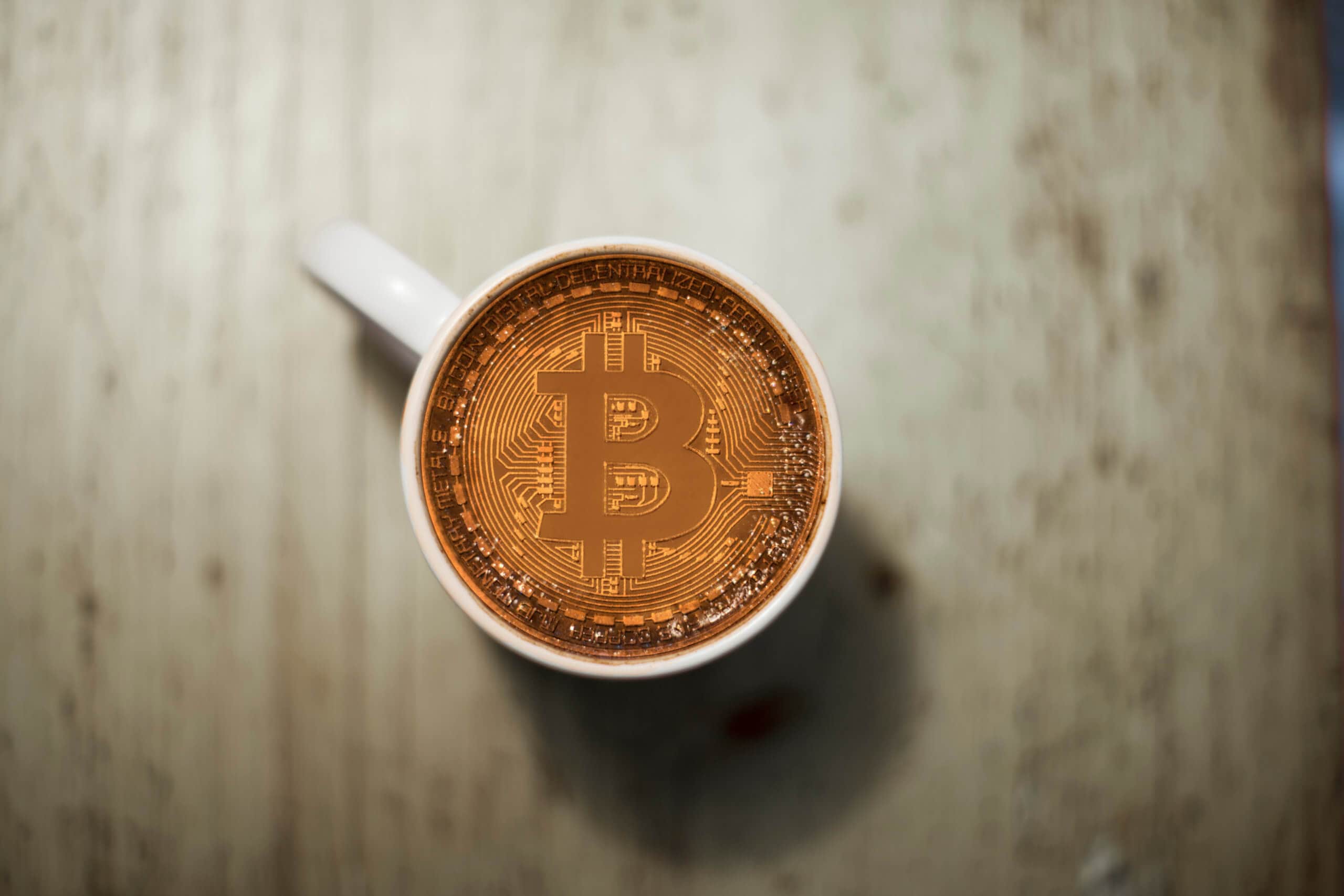-
Biden’s push to raise income taxes on the wealthy as well as capital gains taxes could affect stock market behavior and lead investors to hold for longer
-
Infrastructure spending may benefit certain segments of the stock market more than others and higher capital gains taxes may temper speculative fever
It’s hard to say how good U.S. President Joe Biden is with a bow and arrow, but he sure has his quiver set on the rich of America.
Emboldened by his success in passing his signature US$1.9 trillion stimulus package, Biden is now attempting to make good on his campaign pledge to raise taxes on the rich (read anyone with over US$400,000 per annum in income) by showing how well they did during the pandemic.
It’s easy for ordinary Americans to get behind Biden’s plan, especially in a year that has hurt most Americans financially, the revolt against the rich may only be just beginning.
Part of the tax hikes will go towards paying some of Biden’s longer-term agendas, including infrastructure, climate change and assistance with home healthcare and childcare. But that may not have the effect that some investors may be pricing into the markets.
Till the point that shares are sold, gains remain on paper only, which is why company executives have entire strategies laid out for them by their tax advisers as to when to sell their shares.
But the middle class and the bulk of Americans who received fiscal stimulus checks are likely to be spared any tax hikes.
Biden’s proposed hikes to capital gains taxes have the potential to dramatically change the dynamics in the stock market.
Because retail investors could be penalized more heavily on some of the massive gains they make by speculating on stocks like GameStop (-2.55%), it’s possible that they may then hold on to equities for the longer term, which would necessitate a closer examination of either a company’s books or its prospects. And day traders in companies like Tesla (+2.31%) and Apple (+2.83%) may end up having so-called “diamond hands,” holding on to the stocks in their portfolios for longer to manage the higher capital gains taxes at opportune exit windows.
But unlike the fiscal stimulus package, Biden’s proposed tax hikes will face a more arduous journey through the Senate, with Senate Minority Leader, Republican Mitch McConnell saying last week that there wouldn’t be bipartisan support for higher taxes.
True, but then there wasn’t bipartisan support for the US$1.9 trillion fiscal stimulus package either, with Democrats potentially using what’s known as the “reconciliation process” which allows them to pass bills through the Senate with a simple majority.
If so, then investors will need to brace themselves for a potential shift in equities, and consider examining value stocks more closely. Many of these firms, including airlines, hotels and cruise operators, were battered by the coronavirus pandemic and saw their stocks suffer as a result.
As vaccinations get underway in earnest in the U.S. and investors who have to contend with stiffer capital gains taxes consider their longer term tax planning, value stocks may come back to the fore.
Alternatively, investors, particularly retail investors who aren’t as much affected by rising income taxes, may decide that they’ll need sufficiently large returns to counter increased capital gains taxes, and take to more fervent speculative stocks in the market.
Either way, changes are afoot, if Biden can bring his tax bill across the line.

The post RoBidenhood is Robbing from the Rich to Give to the Poor appeared first on SuperCryptoNews.























